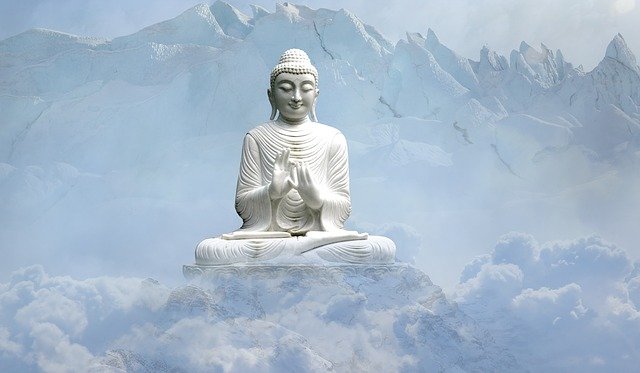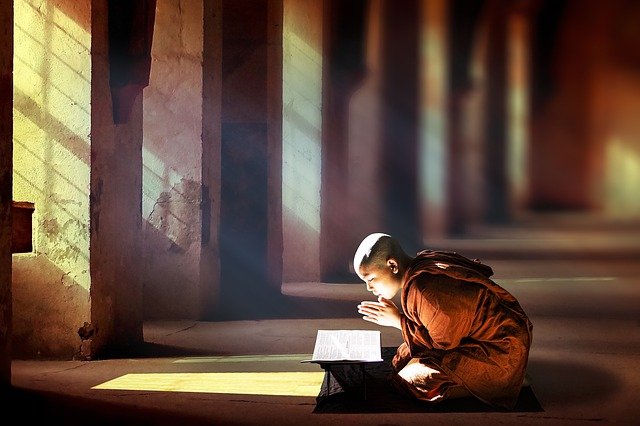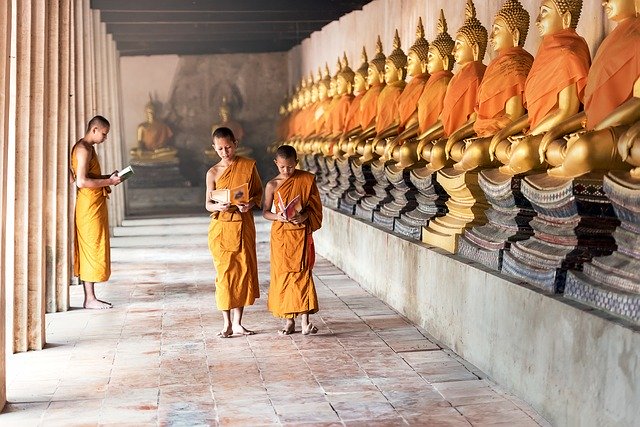What is Meditation?
Jörg Dittmar interviews Acharn Tippakorn for the video “What is Meditation?” (Translation Brigitte Schrottenbacher)
What is meditation (in short)?
One calms the mind by fixing one’s attention on a single object (i.e. the breath). When the mind is calm, one has to develop Insight Meditation to gain understanding of the true nature of one’s body and mind.
Who can meditate?
Everyone can meditate – but it’s up to one’s ability. Children from 7 to 10 years – start with 10 minutes; from 10 to 15 years – 20 minutes; more than 15 years and healthy grown-ups – 30 minutes.
Why meditate (short outline only)?
To get a deeper understanding about one’s own body and mind. One gains more control over one’s mind and becomes able to avoid it from going the wrong way, which leads to suffering. One gains understanding of how to create happiness – without spending money. One develops metta (loving-kindness) and one has no more doubt about “what life is”. In short – one develops the highest quality of mind.
How is meditation done (methods)?
The Buddha taught 40 kinds of meditation techniques, which are used up to the character of the meditator. In short: first one develops Concentration Meditation (samatha), then Insight Meditation (vipassana). By contemplating body and mind, one becomes aware of the three signs of impermanence, suffering and non-self (anicca, dukkha, anatta).
How does meditation affect a person’s mind?
One gains understanding about cause and effect and therefore one will be more careful in one’s behavior and speech and one will know it’s more important to look at one’s own faults – not at others faults. More happiness and peace of mind in every situation will be the result.
How does meditation affect a person’s life?
One experiences more happiness through the ability of letting go when difficulties arise. One will be less emotionally involved and therefore be able to enjoy things without letting them be the cause for new suffering to arise (through being attached to them).
What can you see while meditating?
Usually we say seeing is only seeing, you know and let go, don’t go too much into the object. What you see in the right way is impermanence, suffering and non-self.
What can you hear while meditating?
Hearing is only hearing, you know and let go, don’t go too much into the object.
What can you feel while meditating?
If concentration arises you will feel lightness of body and mind. But usually we say, whatever feeling arises, it is only feeling, you know and let go, don’t go too much into the object.
What is most important when meditating?
To know what arises in body and mind and then let go of it.
What is the objective/goal of meditation?
Freedom from suffering (Nibbana) is the utmost goal. But first of all it will bring more peace and happiness into one’s life. Things go on in their own way but you do not allow them to create suffering for yourself. You will have a place to go – a refuge – for the mind.
What is special about sitting meditation?
Sitting meditation brings more calmness of mind.
What is special about walking meditation?
Walking gives you more energy because you are aware of the movement – but in both postures you have to practice in the same way – mindfulness.
Is it hard to meditate for the body and the mind?
If you want to do a business, you need to put cash into it – otherwise you will not gain results, it’s the same when meditating.
Tell me about patience when meditating!
Patience is very important, in the beginning, you have to come back to the main focus (i.e. the breath) again and again, don’t care about what you think – good or bad. Whenever you realize the mind wanders, let go of the thoughts and come back to the main object.
Tell me about concentration when meditating!
Concentration is the ability to stay with the object – it develops gradually.
Tell me about mindfulness when meditating!
Mindfulness is the most important factor, if mindfulness is there then one’s sees the rising and falling of everything.
Tell me about pain when meditating!
Pain comes and goes, watch it and if you cannot bear it, change your posture mindfully – important is that you know why you change – because of suffering and that the suffering ceases when you change. If you have a physical problem you can sit on a chair. Sometimes pain can be a kammic result from one’s unwholesome deeds in the past but it is not necessary to worry about this.
Tell me about presence when meditating!
Mindfulness is always in the present moment. To know means to be in the present.
Would you like to add anything?
Everyone is welcome to do meditation it is not necessary to be a Buddhist to do so. Its worthy to try it out, it will increase your mindfulness, peace and happiness in life. If everyone would create that inner peace first for himself than there would be peace in this world.
We have to create peace in our own hearts. It cannot be found outside ourselves!



